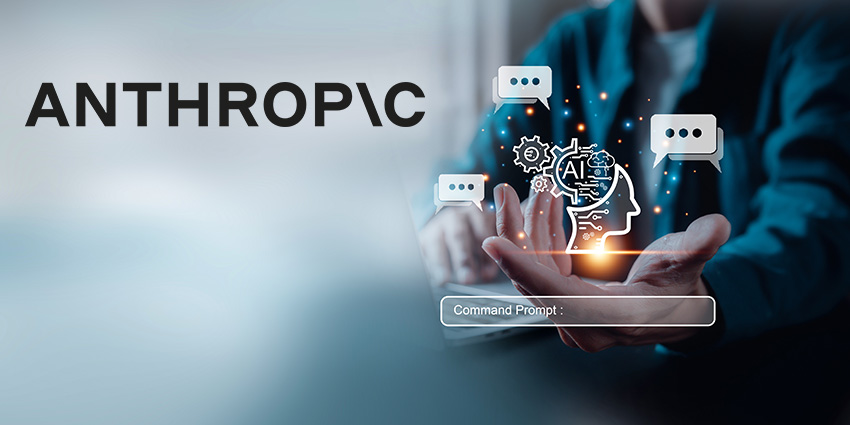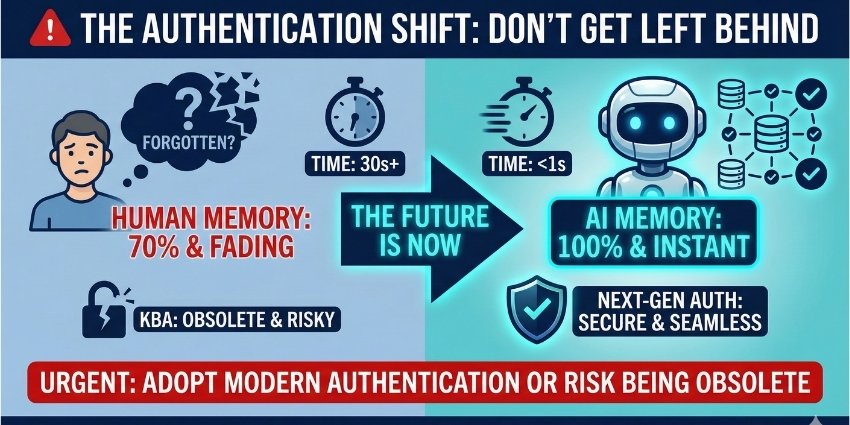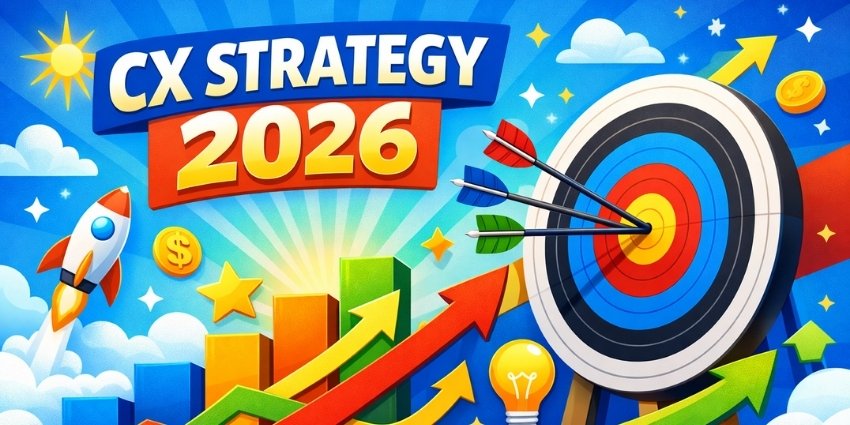Two weeks after releasing its Claude Sonnet 4.5 large language model (LLM), AI startup Anthropic has launched Claude Haiku 4.5, its latest lightweight model, which can power real-time customer support tools and automated service workflows.
Anthropic is positioning Haiku 4.5 as a faster, more economical counterpart for real-time use cases. As the company put it: “What was recently at the frontier is now cheaper and faster.”
Claude Haiku 4.5 offers similar coding performance to Sonnet 4, which was state-of-the-art just five months ago, but “at one-third the cost and more than twice the speed,” the company stated. Haiku 4.5 surpasses Sonnet 4 at certain tasks, like using computers, which can make applications like the Claude for Chrome assistant faster.
That kind of efficiency is key for AI-driven customer experience, where responsiveness and cost management are often at odds. From conversational chatbots and real-time support agents to background automation that powers service workflows, AI systems in CX need to think quickly without breaking the budget. The company noted:
Users who rely on AI for real-time, low-latency tasks like chat assistants, customer service agents, or pair programming will appreciate Haiku 4.5’s combination of high intelligence and remarkable speed.
Developers using Claude Code will find coding multiple-agent projects and rapid prototyping more responsive, enabling smoother, faster iteration for developers building customer service agents.
With its recent model releases, Anthropic has been making a broader push toward serving enterprise customers. Over the past year, the company has deepened integrations with major cloud platforms like Amazon Bedrock and Google Cloud’s Vertex AI, making its models easier to deploy at scale.
This expansion signals Anthropic’s intent to position Claude not just as a research model, but as a core productivity tool for businesses looking to embed AI across customer experience operations. By focusing on enterprise-ready reliability and flexible pricing, Anthropic is targeting organizations that need both high performance and predictable costs as they scale their AI initiatives.
The company recently announced plans to increase its customer support staff fivefold this year. It now holds the largest market share in enterprise AI, having grown from fewer than 1,000 business customers two years ago to over 300,000 globally, as demand for its Claude models accelerates across industries.
To support this expansion, the company is tripling its international workforce and expanding its Applied AI team, which embeds staff within client organizations to help them build new tools and workflows on top of Claude.
While Claude is widely recognized for its advanced coding assistant capabilities, making it a favorite among developers, Anthropic’s enterprise strategy increasingly targets a broader range of users, from customer experience teams to business operations leaders seeking smarter, faster automation.
Bridging the Performance Gap
Companies deploying AI in customer support have had to weigh up using a large, expensive model that can reason deeply, or a smaller, faster one that can’t always keep up with complex tasks. Haiku 4.5 could ease that compromise.
Jeff Wang, CEO of Windsurf, captured this shift:
Historically, models have sacrificed speed and cost for quality. Haiku 4.5 is blurring the lines on this trade-off: it’s a fast frontier model that keeps costs efficient and signals where this class of models is headed.
Anthropic envisions multi-model orchestration, where the larger Sonnet 4.5 can plan complex tasks, while Haiku 4.5 executes subtasks in parallel. That offers a potentially powerful setup for customer service operations handling high call volumes or simultaneous customer interactions.
Companies scaling automated customer interactions could create chatbots that feel less like bots and service experiences that don’t lag when customers need quick answers.
Early testers in the developer community have found the small model to be effective.
At Shopify, Staff Engineer Ben Lafferty said, “Haiku 4.5 delivers intelligence without sacrificing speed, enabling us to build AI applications that utilize both deep reasoning and real-time responsiveness.”
Andrew Filev, CEO of Zencoder, noted how far small models have come: “Haiku 4.5 is remarkably capable—just six months ago, this level of performance would have been state-of-the-art on our internal benchmarks. Now it runs 4–5 times faster than Sonnet 4.5 at a fraction of the cost, unlocking an entirely new set of use cases.”
Claude Haiku 4.5 is available now via Claude Code and the Anthropic API, as well as on Amazon Bedrock and Google Cloud’s Vertex AI. For enterprise buyers, that broad accessibility means lower integration friction and more flexible pricing models across major cloud providers.
The launch points to a shift in how AI will be deployed across customer-facing systems, where real-time responsiveness is becoming a baseline expectation and cost efficiency no longer requires compromising on quality.







